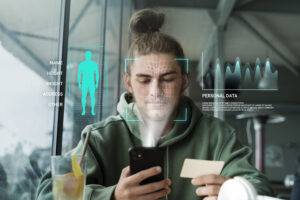Chat Generative Pretrained Transformer (ChatGPT) has emerged as a sophisticated artificial intelligence (AI) language model in healthcare. This narrative review examines ChatGPT’s current applications and limitations in rehabilitation medicine through analysing multiple studies. While demonstrating promising performance in structured tasks and basic medical guidance, significant challenges persist. These include inconsistent performance in complex clinical scenarios, limited regional adaptability, poor reference reliability, and inadequate safety considerations for special populations. Although innovative approaches like multi-agent systems show potential improvements in accuracy and interpretability, concerns regarding clinical responsibility, data security, and ethical implications remain crucial. As ChatGPT continues to evolve, its optimal integration into rehabilitation practice requires careful consideration of these limitations and appropriate professional oversight. This review aims to provide insights for healthcare professionals and policymakers in navigating the implementation of AI assistance in rehabilitation medicine, emphasizing the need for balanced integration while maintaining clinical safety and effectiveness.
Artificial intelligence in oncology: promise, peril, and the future of patient–physician interaction
Artificial intelligence (AI) is increasingly embedded in oncology. While initial technical evaluations emphasize diagnostic accuracy and efficiency, the impact on patient–physician interaction (PPI)—the foundation of



